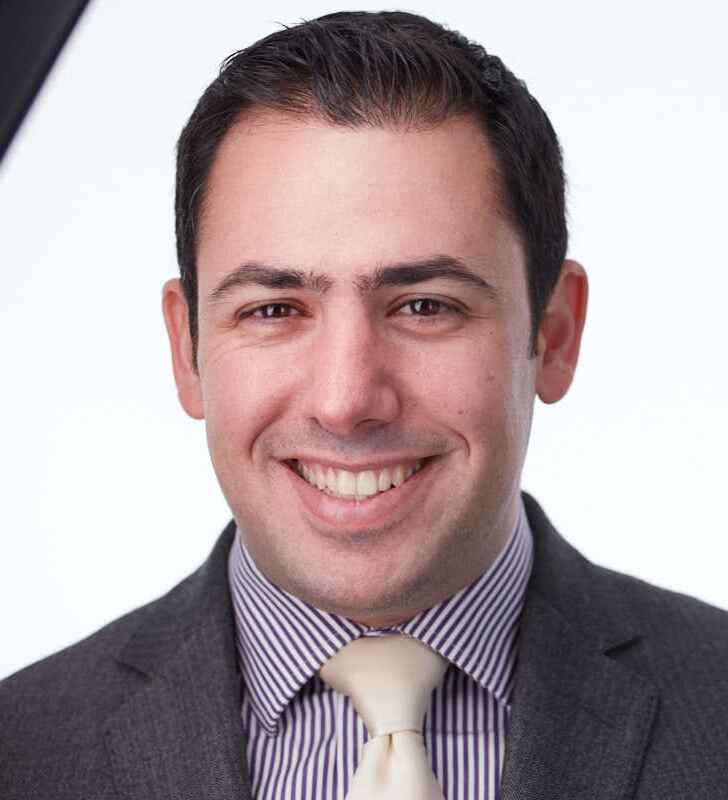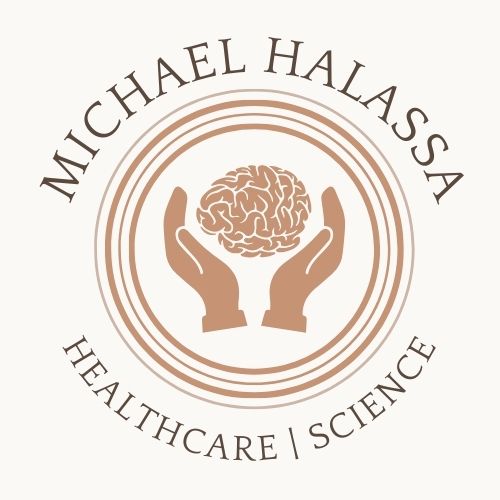Michael Halassa MD, PhD is a Board-certified Psychiatrist who has completed his residency and fellowship training in Psychiatry from Massachusetts General Hospital/Harvard Medical School in 2014.
Dr. Halassa currently serves as the Director of Translational Research in the Department of Neuroscience at Tufts University, a role he has held since 2022. He has dual appointments as Associate Professor in the Department of Psychiatry and the Department of Neuroscience at Tufts University. Prior to these roles, he served as an Associate Professor in the Department of Brain and Cognitive Sciences at MIT and Assistant Professor at the NYU Neuroscience Institute.
Dr. Halassa’ runs a research group in the Department of Neuroscience focusing on the basic neural mechanisms of cognitive flexibility. His basic science work has had a major impact on the field, providing novel insights into how the brain switches between different tasks and handles uncertainty when making difficult decisions. While such insights had been based on animal experiments, many of them have provided an intellectual foundation for studying the human brain with novel insights into the human mind and brain.
Dr. Halassa’s fellowship training is in schizophrenia, an area in which he has developed clinical expertise. He is skilled in the use of pharmacological approaches to the treatment of schizophrenia (and other illnesses where reality testing is impaired). He has extended his research program to tackle the neurobiological basis of schizophrenia in animals, and to developing novel approaches to measuring cognitive abnormalities in patients. His long term goal is to develop circuit-informed approaches to schizophrenia treatment.
Dr. Halassa is uniquely capable of combining his basic science training to the management of difficult cases in psychiatry. He has taught systems and computational neuroscience courses for several years, a process that has inspired him to develop unique methods for treatment of psychotic episodes. This approach involves extracting the most salient behavioral features of an individual patients, fitting them into an algorithmic model that can uniquely identify the brain networks most relevant to treatment. This approach is in its infancy, but its long term goal is to minimize the time from diagnosis to symptom resolution, reducing brain alterations that result from the illness as well as unnecessary drug exposure due to the process of trial and error in psychiatry.
Dr. Halassa is collaborating on these exciting ideas with several investigators across the globe. He is one of the Principal Investigators of the Thalamus Conte Center at Princeton. His contributions to the field have been recognized through numerous awards. For example, in 2017 he was awarded the Vilcek Prize for Creative Promise in the Biomedical Sciences, an award given to immigrants who have made ‘lasting contributions to the American Society through innovative work’. In 2015, he was named a Next Generation Leader by the Paul Allen Institute for Brain research. That same year, he received the Daniel X. Freedman Prize for Exceptional Basic Research from the Brain and Behavior Research Foundation.
Dr. Halassa has received consistent funding from the U.S. National Institutes of Health and foundations such as Pew, Klingenstein, Simons, Feldstein, Max Planck, and the Human Frontiers Science Program. His prolific research output includes numerous high-impact publications, with over 10,000 citations, reflecting his profound influence on the field of neuroscience.

